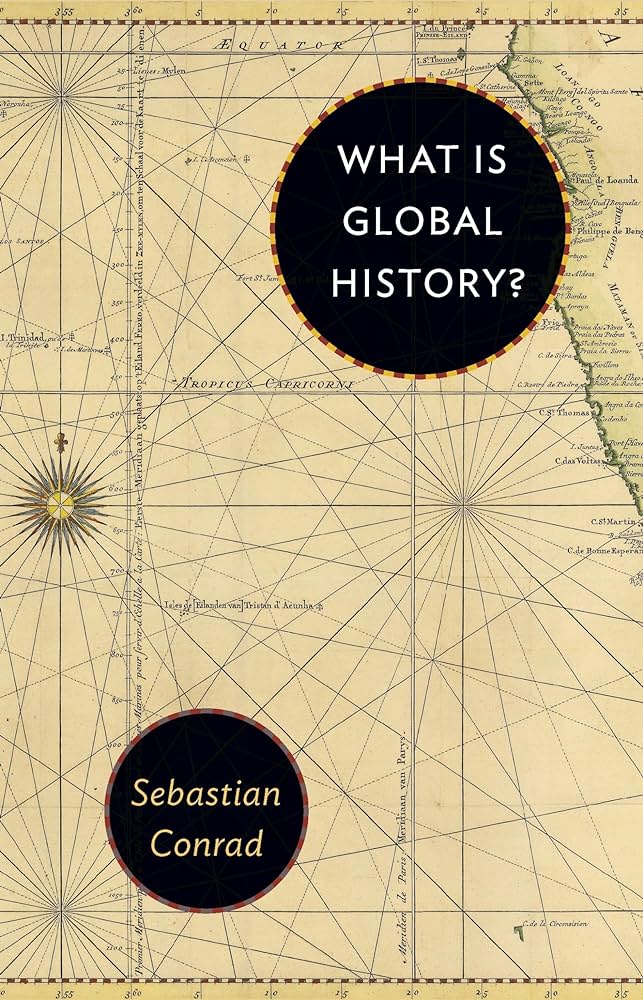
Sebastian Unger, a German historian, is a persuasive writer. He argues that history is at best a manufactured discipline. It focuses exclusively on what has already been made apparent. The history of a country, for example, is told from the birth of the state. To the degree one needs to go further, the national narrative latches on the colonization that it experienced; often not without trauma and pain, whether real or fictive.
In “What Is Global History,” Sebastian Unger argues that history can be understood just as much from global processes, like disruptive change in technology and class relations among various other factors. In fact, global changes often have a profound effect on history, not just on one country, but on several at the same time. Japan, Turkey, and China, for example, all experienced the need to reform their countries in the 19th century, as they were buffeted bychanges in global processes. Machines and steamships had accelerated the pace of history, not merely post imperial impulses and campaigns. In this sense, global history is an attempt at explaining the obvious.
But what is obvious is also what is often global. Unfortunately, national histories frequently enlarge the impact of national factors, while concurrently downplaying the global triggers of change.
